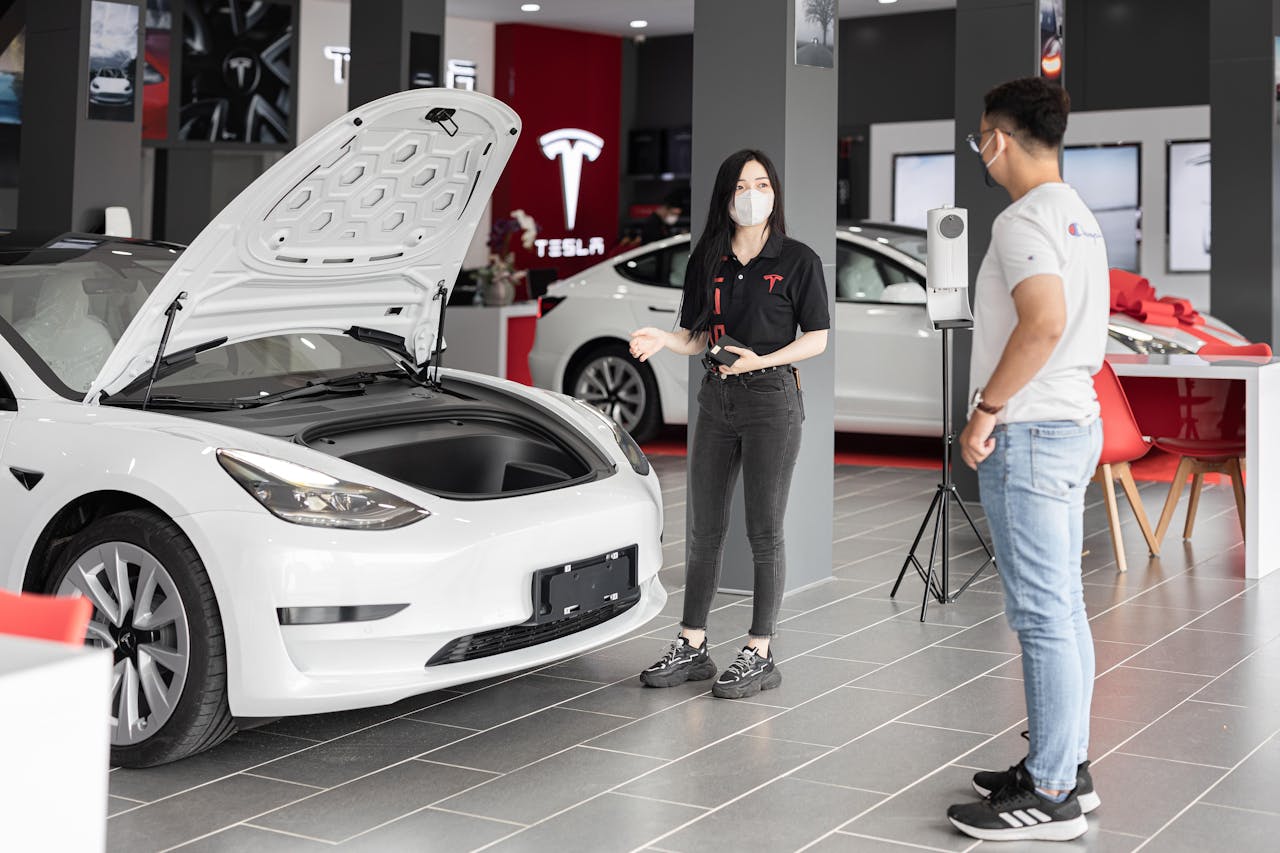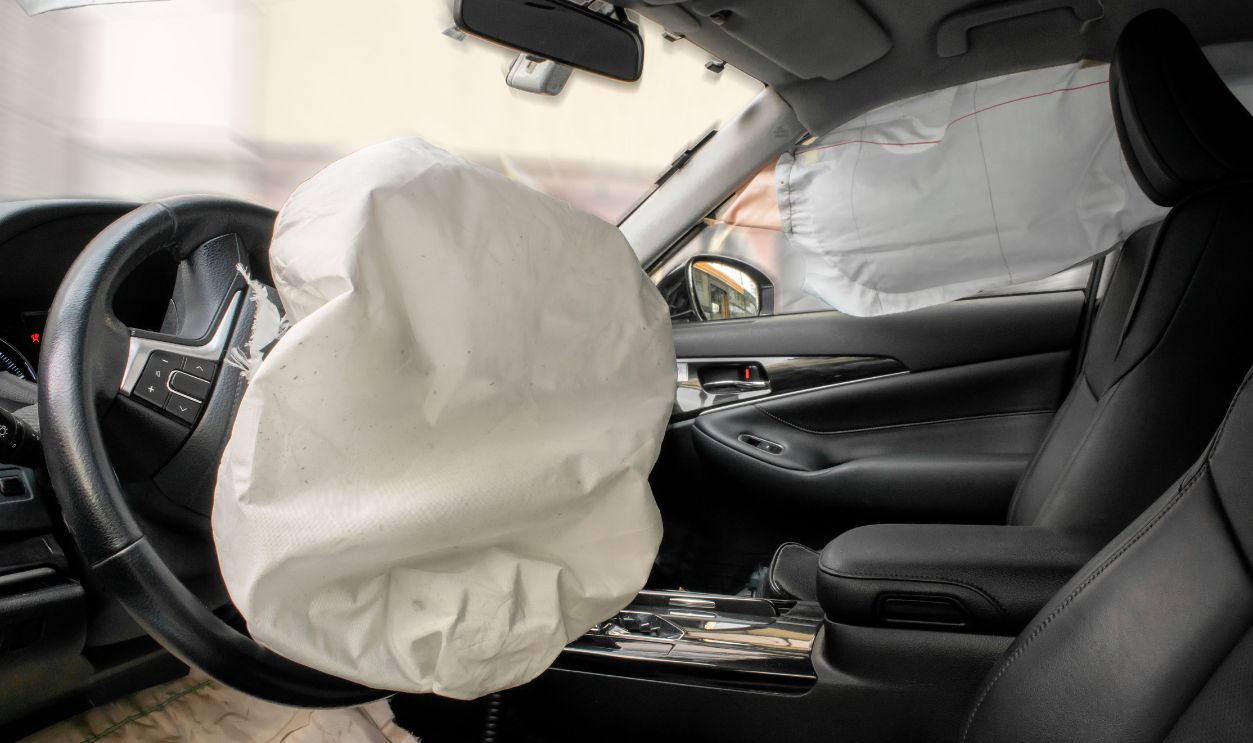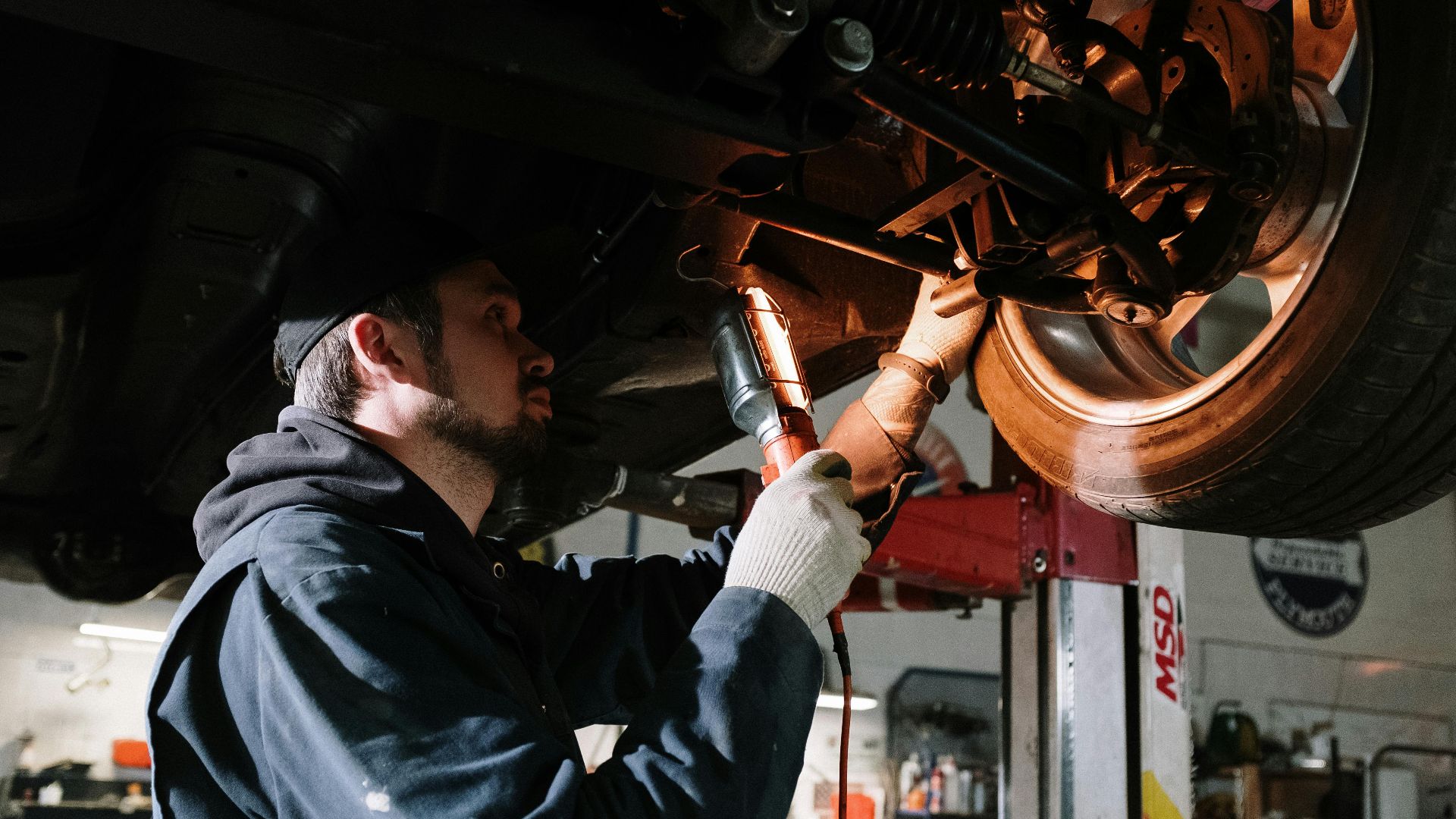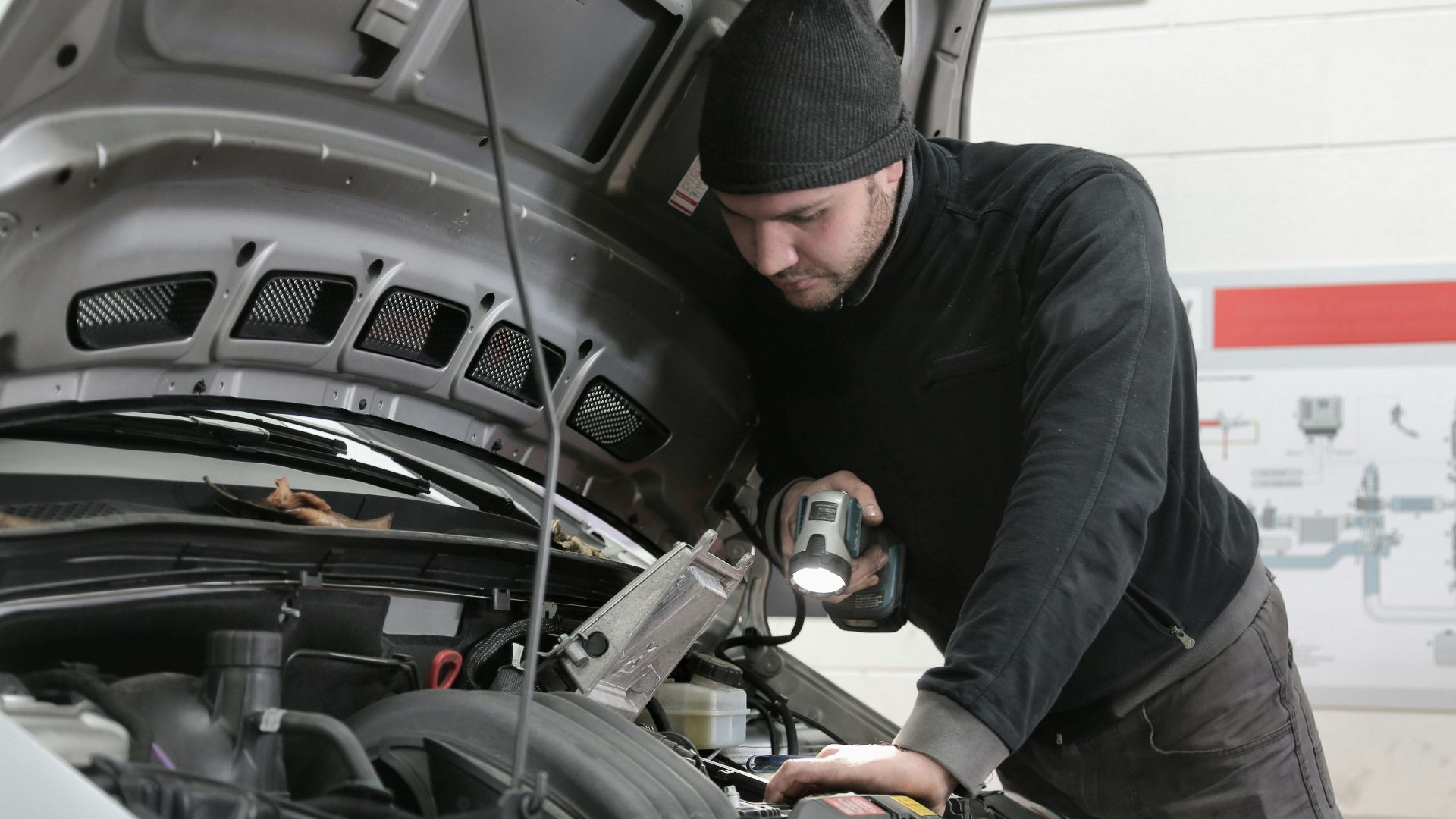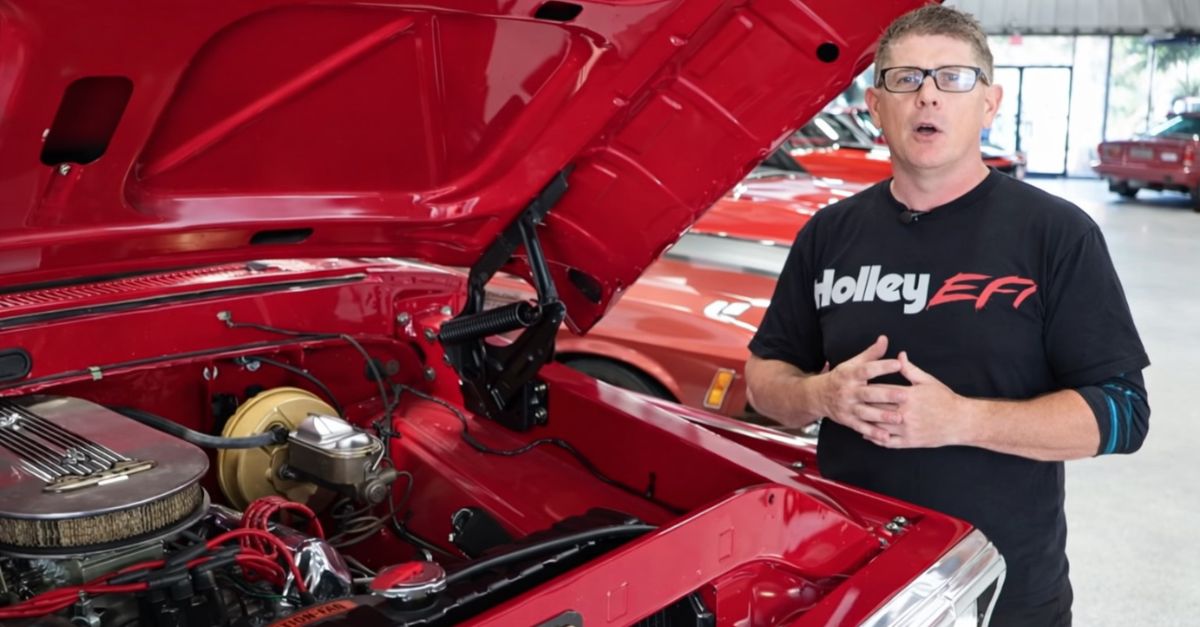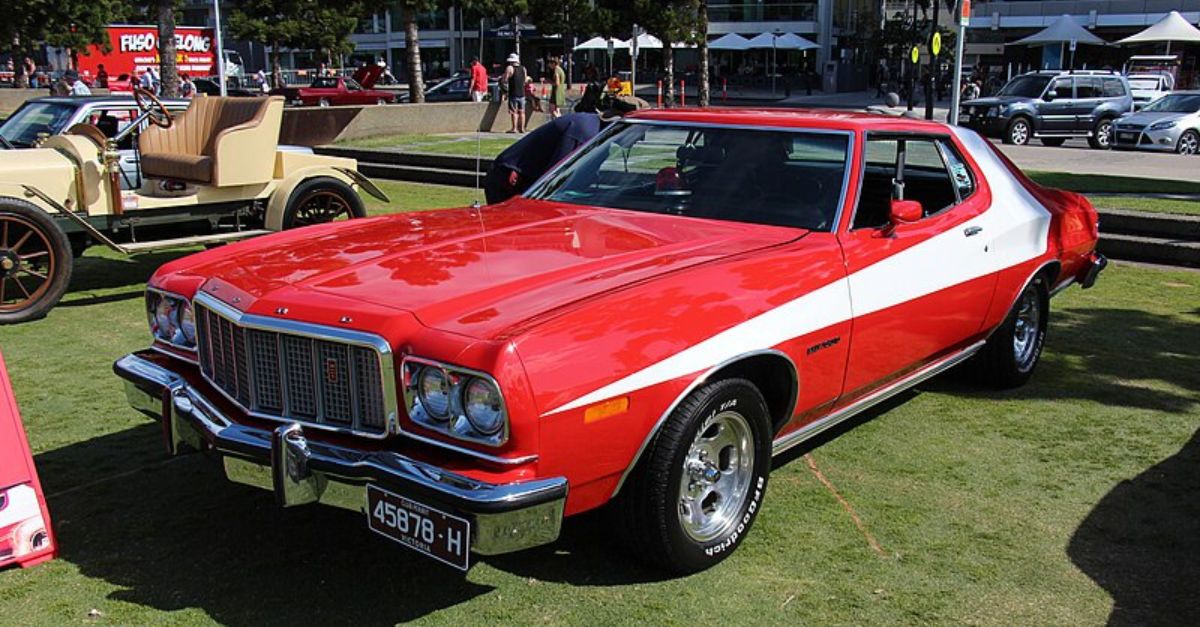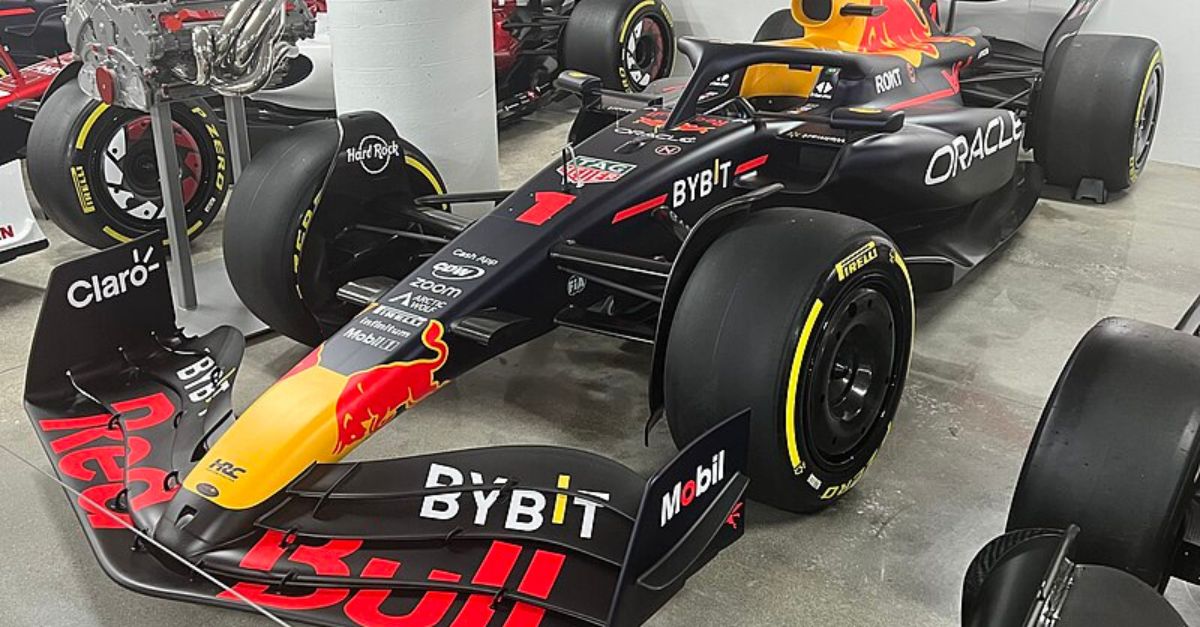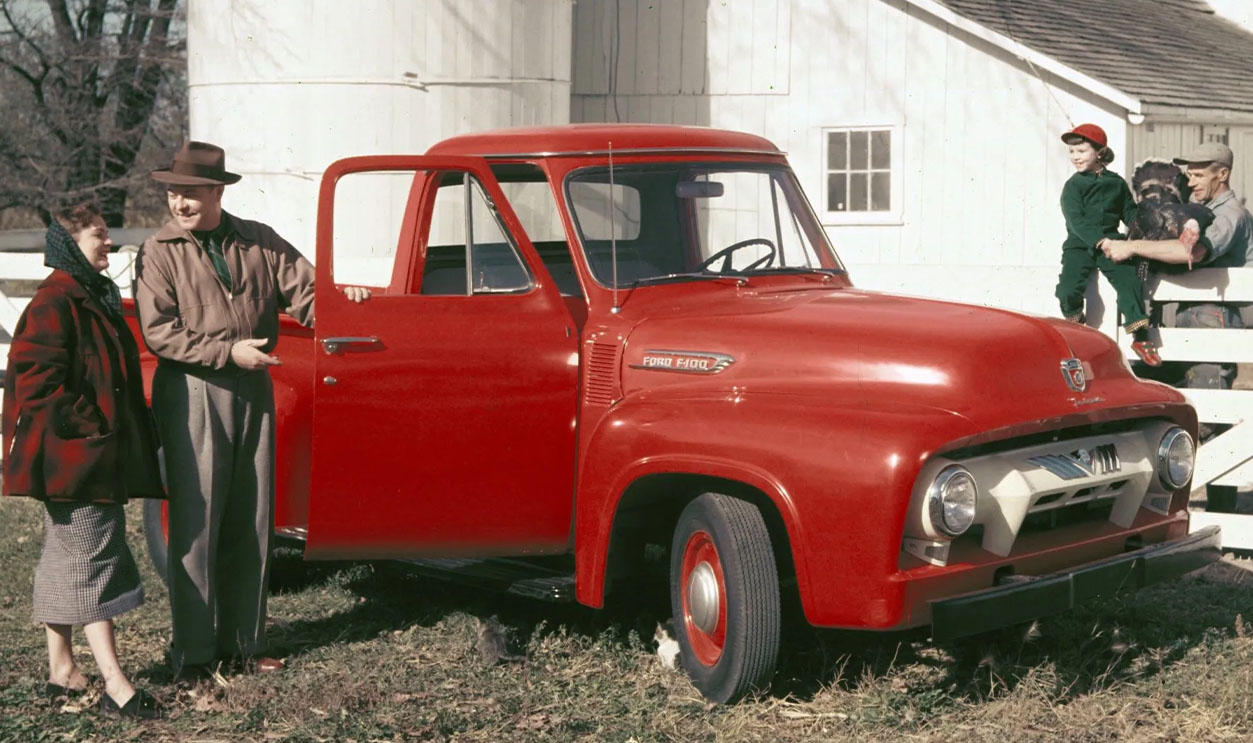When “Parts On Backorder” Becomes A Lifestyle
You bought a car, not a long-term relationship with your dealership’s waiting room. Yet here you are—six months deep into a recall saga that feels less like vehicle maintenance and more like an emotional endurance test. Every call gets the same robotic chant: “We’re still waiting for parts.” You’re starting to wonder if the parts are coming from Mars, by bicycle, carried by a single exhausted courier.

Why Recalls Matter More Than Dealerships Let On
Recalls aren’t optional niceties like a free tire shine; they’re safety-critical issues manufacturers are legally obligated to address. If your dealership seems chill about it, that doesn’t mean it’s actually a small matter. Recalls exist to prevent accidents, injuries, and lawsuits—not to give you a new hobby called “Calling Service Department.”
The Real Reason Your Parts Are Not Here Yet
Dealerships don’t manufacture recall parts; automakers do. And automakers don’t always have enough parts ready when a recall is announced. Sometimes the supply chain gets slammed. Sometimes new parts must be redesigned. Sometimes someone underestimated demand by, oh, a million units.
Is it annoying? Yes. Is it always the dealership’s fault? Surprisingly, no.
The Six-Month Benchmark: What It Actually Means
Six months feels extreme—but guess what? For big nationwide recalls, six months isn’t totally unheard of. Airbag recalls, fuel pump recalls, battery recalls—they’ve all had year-plus delays. The important thing is whether your dealership is actually monitoring your status or if your name is just scribbled on a Post-it stuck to a monitor somewhere.
Dealership Communication: The First Red Flag
If your calls keep ending with, “We’ll call you back,” followed by the sound of eternal silence, that’s a problem. A good dealership updates you proactively. A lazy one treats you like you’re trying to borrow money. Communication matters—and it tells you how hard they’re actually trying.
You’re Not Imagining It: Some Dealers Stall
Some dealerships drag their feet on recall work because recall repairs don’t bring in as much revenue as regular repairs. It’s shady but real. The squeaky wheel gets the grease, but the quiet wheel… sits on hold listening to soft jazz.
Proof That Manufacturers Actually Want It Fixed
Automakers hate leaving recalls unresolved. It’s a liability nightmare. Once parts become available, they push dealerships hard to clear their backlog. So yes, the fix will happen—it just may not happen on the dealership’s preferred timeline unless you push the right buttons.
How To Check If The Parts Are Really Unavailable
Pro tip: You’re not limited to your dealership. Call another dealer—same brand, different zip code—and ask if they have the parts in stock. If they do? Congratulations: you just caught your original dealer slacking.
Why Second Opinions Aren’t Just For Doctors
Different dealerships have different allocations. Some get parts faster. Some have shorter lists. Some actually know how to use the phone. Expanding your search radius might cut months off your wait.
Document Everything Like You’re Building A Legal Case
Whenever you call, write down dates, names, and what you were told. Keep emails, texts, and appointment logs. If this turns into a dispute later, you’ll be thankful you kept “receipts”—literally and metaphorically.
Don’t Fear Escalation—It Works
Ask to speak with the service manager. If that doesn’t help, ask for the general manager. If that doesn’t help, contact the automaker’s customer-care line. Escalation sounds scary, but it’s just pressing the “Are you actually going to do your job?” button.
Why The Manufacturer Hotline Is Your Secret Weapon
Manufacturers can nudge dealerships, prioritize your case, or confirm whether the parts truly exist. When you mention, “Corporate is involved,” dealerships suddenly remember they care very deeply about you.
Loaner Cars: The Perk You Might Not Know You Deserve
Many manufacturers offer loaners for safety-related recalls when the vehicle is considered unsafe to drive. If your recall fits that category, ask for one. They won’t always volunteer this perk. (Imagine that!)
Courtesy Rentals: A Game Changer
Even if a loaner isn’t available, you may qualify for a rental reimbursement. Ask the dealership or manufacturer. If they say no, ask again. Politely but firmly. Think “charming persistence,” not “unhinged voicemail.”
Know Your Legal Rights—They’re Stronger Than You Think
In many states, the dealership must perform safety recalls within a reasonable time once parts are available. “Reasonable time” isn’t defined as “whenever we feel like it.” You may have consumer protection laws on your side.
Lemon Laws: Not Just For Fresh Purchases
If your car is repeatedly out of service for recall-related issues—or unsafe due to an unresolved recall—you may qualify for protections you didn’t even know were on the menu. It’s worth checking your state’s rules.
NHTSA: Your Government Backup
If a dealership truly drags its feet, you can file a complaint with the National Highway Traffic Safety Administration. They track delays and pressure automakers to fix bottlenecks. When NHTSA speaks, manufacturers listen.
Why Being Polite Still Matters (Unfortunately)
You may want to unleash your inner dragon, but dealership staff respond better to calm persistence. Firm is good. Furious is counterproductive. Think “professional pressure,” not “reality-TV meltdown.”
 Quality Stock Arts, Shutterstock
Quality Stock Arts, Shutterstock
When It’s Time To Call A New Dealership
If your dealer appears allergic to courtesy, communication, or competence, switch service centers. You don’t owe them loyalty. Recalls can be performed at any authorized dealership for your brand.
“Can I Fix It Myself?” No. Never. Stop.
Recall repairs must be completed by authorized technicians using official parts. DIY recalling is like DIY dentistry—technically possible, catastrophically unwise, and not legally recognized.
What If You’re Driving With a Dangerous Recall?
If the recall states the car is unsafe to drive, stop driving it. Call the manufacturer immediately. They can tow the vehicle or secure alternate transportation. This isn’t optional—your safety matters more than your schedule.
Some Recalls Roll Out In “Waves”
Manufacturers often prioritize older vehicles, high-risk VIN ranges, or hotter climates (for certain airbag recalls). If your car is lower-risk, parts may arrive later. Annoying, yes. But intentional, and sometimes necessary.
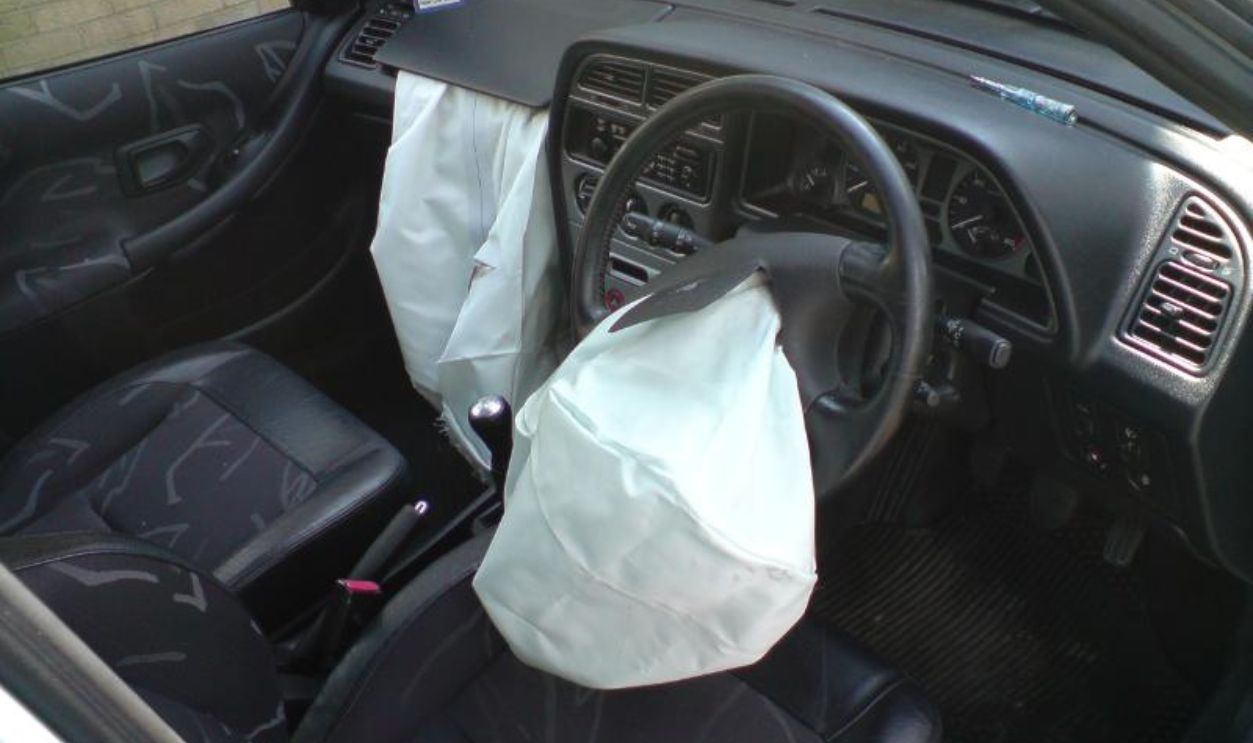 Janipewter, CC BY-SA 3.0, Wikimedia Commons
Janipewter, CC BY-SA 3.0, Wikimedia Commons
How To Get On The “Priority List”
Ask your dealership to mark your situation as urgent. Provide any safety concerns, upcoming long-distance travel, or mobility needs. The more detail you give, the more likely they are to flag your VIN for faster parts allocation.
The Social Media Nuclear Option
Tweeting (politely) at a manufacturer or posting on their Facebook page can magically expedite things. Public visibility makes brands act faster. It shouldn’t work this well, but it does.
Will They Ever Actually Fix It?
Yes. Eventually. Recalls legally must be completed, and manufacturers do everything possible to ensure the entire fleet gets repaired. The real trick is how proactive you are in navigating dealership bottlenecks and getting moved to the front of the line.
Take Control—Don’t Let The Waiting Game Win
A six-month delay is frustrating, but you’re far from powerless. Recalls might be out of your control, but your dealership experience doesn’t have to be. Call around. Escalate. Document. Request loaners. Be persistently pleasant. And remember: the recall fix will come—hopefully before your car develops a vintage patina and you start naming the service advisors out of habit. Until then, stay informed, stay persistent, and stay safely on the road.



